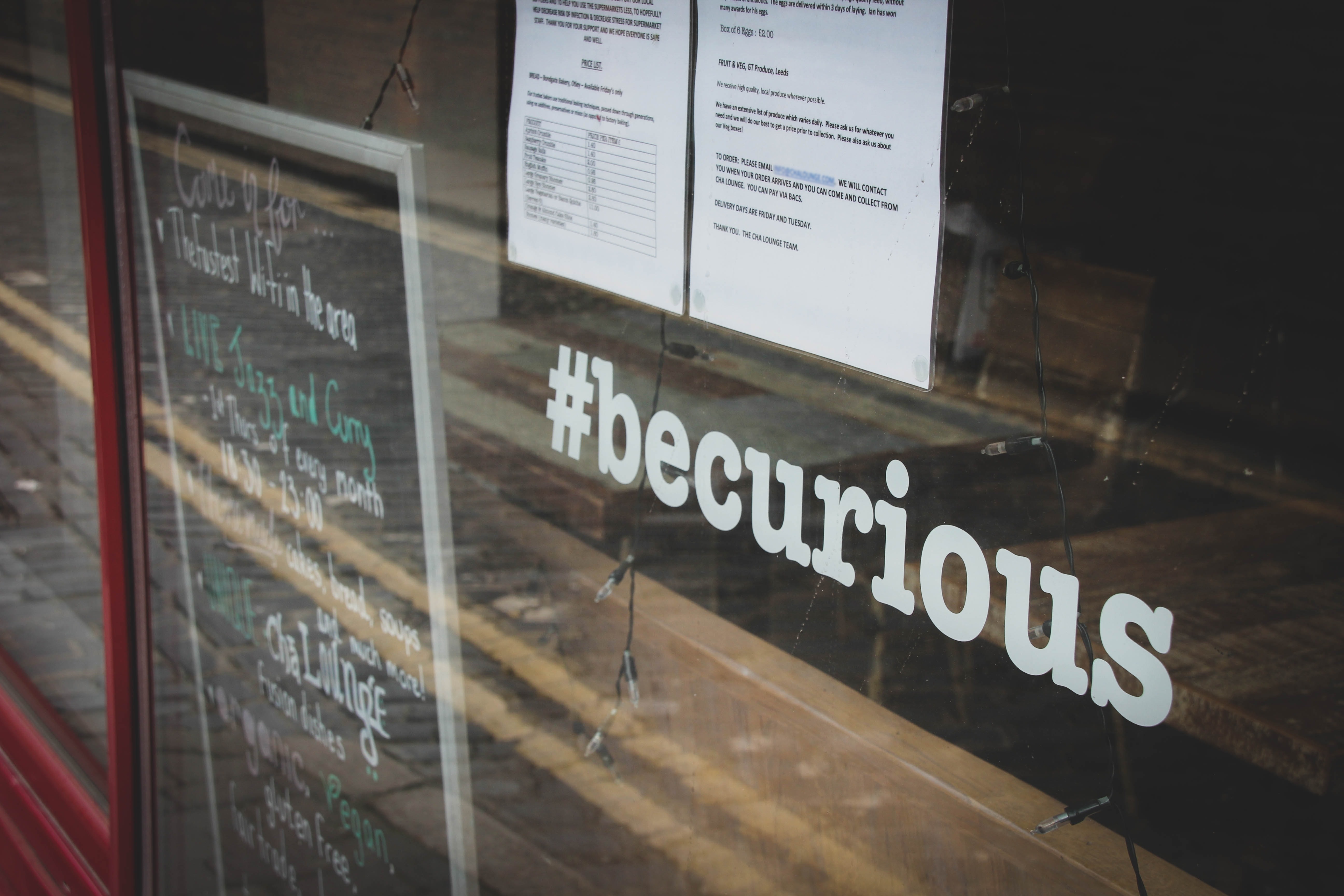
Photo by Gary Butterfield on Unsplash
The science team updated the rest of SciCourt on their new findings, including the effects of mandatory work on personal motivation, after weeks of honing their research skills.
SciCourt team members shared their primary findings in a case review led by Professor Ellad Tadmor, helping each other draw connections between lines of research and identifying new questions to investigate. Students are each responsible for one of seven areas of study: economics, sociology, political science, psychology, education, environment, and health. Psychology, in particular, raised important insights into the effectiveness of mandatory service.
Manix White, a student on the science team, looked into how external factors affect the desire to volunteer. Notably, White found evidence in a University of Minnesota study that during the 2012 and 2013 spring semesters, students required to participate in a program that required volunteering were less likely to want to volunteer in the future. This suggests that external factors, such as limiting choice, affect an individual's internal motivations to make that choice in the future.
Psychologists call this the “overjustification effect.” This effect is “a process through which an external incentive decreases a person’s internal motivation to perform a task,” according to the University of Minnesota study.
Although most of the evidence White found was collected in schools, he thinks the overjustification effect could also be relevant to mandatory service programs.
“I want to look at more broad scope meta-analysis and literature reviews looking at other environments where this [overjustification effect] takes place, like in the army, or organizations outside of schools,” he said.
In the following weeks, the science team will interview experts from each domain to better understand the effects and implications of mandatory service as a method of decreasing polarization, as well as how current voluntary programs could be made more robust to accomplish the same goal.
The legal team will partner with the science team to build their pro and con statements, one advocating for mandatory service and another for more robust voluntary service programs with potential economic incentives.
To stay on top of what SciCourt is learning about mandatory service, watch for our first podcast episode about the history of service programs in the U.S. and other countries. If you’re interested in serving on the Science Court jury, stay on the lookout for an announcement about jury recruitment. Don’t forget to follow Science Court for updates on Facebook, Instagram, and Twitter @scicourt.